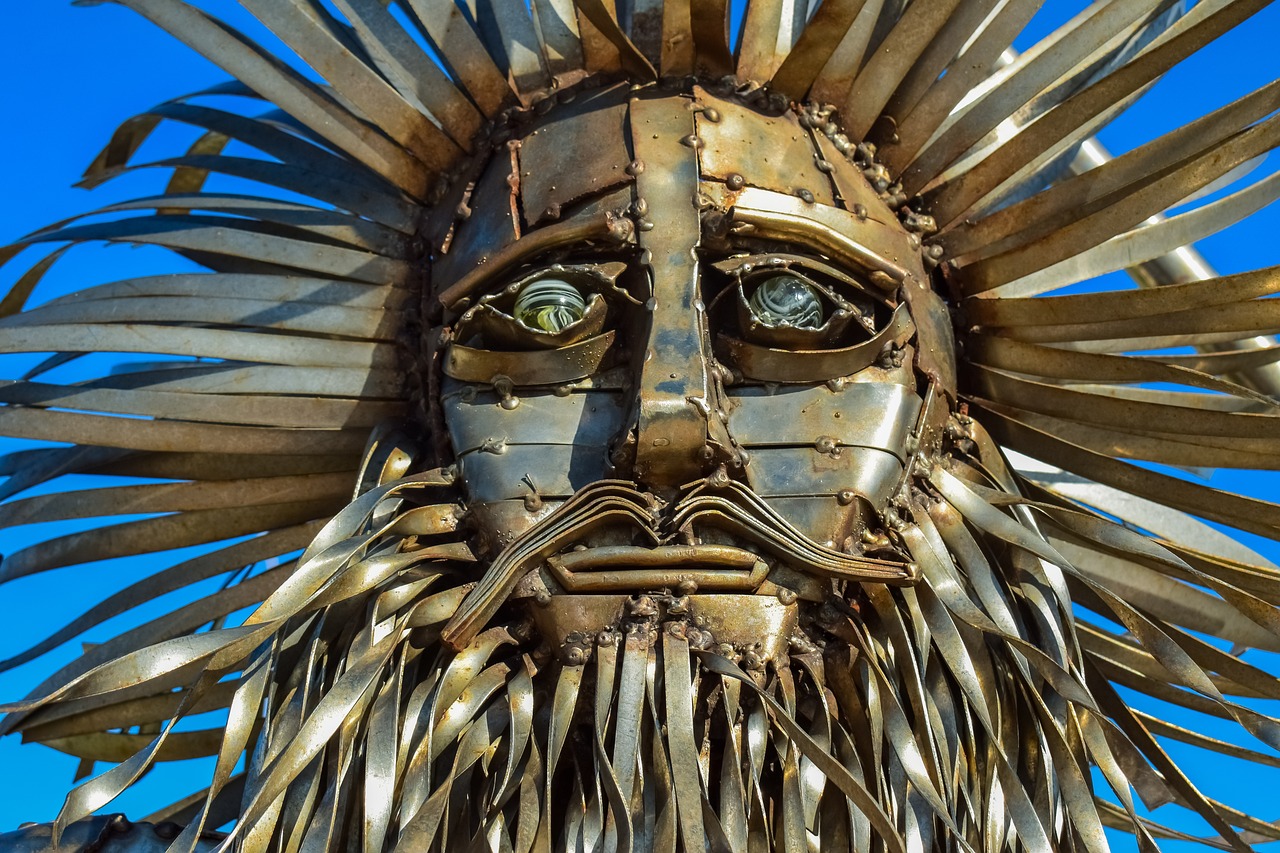Author: Sun WuKong
-
Understanding Caishen: The Chinese God of Wealth Each Spring Festival, the Chinese community warmly greets one another with the phrase “May you become rich!” (恭喜发财 gōngxǐ fācái). Many from Western cultures might interpret this as merely a casual holiday greeting akin to “Happy New Year.” However, this saying embodies a prayer for a prosperous year…
-
Introduction to Ginseng and Its Significance in Traditional Medicine This article aims to furnish a comprehensive insight into ginseng, widely esteemed as a therapeutic herb with numerous health benefits across various ailments. The utilization of ginseng in traditional Chinese medicine (TCM) can be traced back approximately 5,000 years, attributed to the legendary Emperor Shennong. Historical…
-
Shennong, often referred to as the “God Farmer” or the “God Peasant,” holds a significant place in Chinese mythology as a divine figure associated with agriculture and natural remedies. Recognized as a sage healer and early ruler of mythical China, he’s also known by titles like Wugushen, which translates to “five grains,” emphasizing his teachings…
-
Shennong: The Divine Farmer in Chinese Mythology Overview In the realm of Chinese mythology, Shennong (神農) stands out as a prominent deity heralded for establishing agriculture and advancing irrigation practices. He is also celebrated for preserving seeds and inventing essential farming tools such as the hoe, well, and axe. Renowned as the progenitor of traditional…
-
![Shen Nong Image] Long ago, in a time that predates the establishment of dynasties, the early Chinese believed that the essence of their culture was a gift from divine beings, with rulers of the past regarded as beings that were part divine and part human. Among these demi-gods was a figure dubbed Yandi, whose narrative…
-
The Enigmatic Tale of Gonggong in Chinese Mythology Gonggong stands out as a formidable figure in Chinese mythology, embodying the essence of a powerful water deity. Often visualized as a menacing dragon or a monstrous aquatic creature, Gonggong’s rebellion against the divine order resulted in catastrophic events that altered the course of the world. His…
-
Gonggong in Chinese Mythology: The Fearsome Water God Chinese mythology is rich with fascinating tales, and one of the most intriguing figures within this folklore is Gonggong, a powerful water deity representing chaos and rebellion. Often depicted as a fierce dragon or monstrous water creature, Gonggong’s struggle against divine order brought devastation to the Earth,…
-
The Tale of Gong Gong and the Goddess Nüwa in Chinese Mythology In the realm of Chinese mythology, Gong Gong emerges as a notably tempestuous water spirit, often depicted as a fierce black dragon or a tumultuous aquatic creature. His character exemplifies discontentment with the orderly hierarchy prevalent in the spiritual domains, which include the…
-
Yan Wang: The King of Hell in Chinese Mythology Introduction In the realm of Chinese mythology, Yan Wang, often referred to as Yama, is a pivotal figure representing the authority of the underworld. As the sovereign King of Hell, he is responsible for judging the souls of the deceased and determining their fates beyond the…
-
Yan Wang: The King of Hell in Chinese Mythology Overview Yan Wang, commonly known as Yama, is an essential figure in Chinese mythology, holding the esteemed title of the King of Hell. As a deity associated with the afterlife, he possesses the critical role of overseeing the underworld, judging the souls of the deceased, and…





